Industrial-Organizational (I/O) Psychology is a unique discipline that applies psychological theories and principles to the workplace. This approach provides a distinctive perspective on how organizations function and how they can optimize their performance. With a projected 6% increase in demand for psychologists, including those specializing in I/O Psychology, by 2031, the field of psychology is experiencing steady growth. I/O Psychology specifically focuses on understanding human behavior in the workplace, making it a crucial discipline in today’s professional landscape. I/O Psychologists can apply their expertise in various sectors, including human resources, administration, and marketing.
But with so many Master’s programs out there, how do you choose the right one for you? In this article, we’ll take a deep dive into the world of industrial-organizational psychology master’s programs. From curriculum and faculty to career prospects and program rankings, we’ll give you all the information you need to make an informed decision about your education and career path.
Industrial Organizational Psychology Master’s Programs
As you start your journey towards obtaining this advanced degree, it’s crucial to choose the right university that aligns with your educational goals and career aspirations. In order to provide you with a valuable resource, we have curated a selection of campus-based Master’s programs in Industrial-Organizational Psychology in the United States.
Our evaluation process also emphasized schools that offer a rigorous curriculum taught by faculty members who possess expertise as both researchers and industry professionals. With these criteria in mind, we have compiled a list of the best schools that meet these standards, offering you a comprehensive guide to choosing the ideal program for your academic and professional journey.
Minnesota State University Mankato – Master’s in Industrial/Organizational Psychology
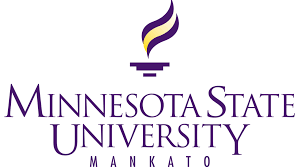
The Industrial-Organizational Psychology M.A. Program is designed to prepare students for careers in various fields, such as human resources, management, organizational effectiveness, or for further study in related doctoral programs. This full-time, two-year course of study emphasizes practical applications of I-O psychology in real-world settings.
Graduates of the program typically pursue applied professions, and gain hands-on experience by working as associate consultants for the Organizational Effectiveness Research Group (OERG). Additionally, students have opportunities to participate in international travel, recent program trips include Ecuador, Turkey, and Belize.
Students also engage with the I-O community by participating in the Consulting Challenge, class projects, and joining professional organizations such as MPPAW and SIOP.
Southern Illinois University Edwardsville – Master of Arts in Industrial/Organizational Psychology

SIUE’s industrial-organizational psychology master’s program utilizes the scientist-practitioner model, requiring students to complete a research-based thesis and practicum hours. All classes required for the program offer a combination of research and practical application. SIUE’s location close to downtown St. Louis allows for professional opportunities and networking, while the serene community environment is suitable for studying.
Students need to complete 42 semester hours of graduate credit in the Master of Arts program to complete the specialization in industrial-organizational psychology. This specialization’s training can lead to employment in administration, supervision, organizational development, and personnel positions.
Salem State University – Master of Science in industrial/Organizational Psychology
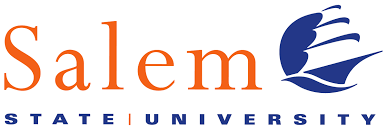
The Master of Science in Industrial/Organizational Psychology curriculum is designed according to the guidelines developed by the Society for Industrial/Organizational Psychology for master’s degree programs in I/O Psychology.
Adherence to the scientific method distinguishes the I/O degree from general organizational psychology or related programs. The I/O field’s dedication to the use of the scientific method qualifies it to be considered by many as a STEM (Science, Technology, Engineering, and Math) field.
Moreover, our program includes courses from the Bertolon School of Business that are relevant to I/O Psychology, providing a combination of STEM emphasis and business-related courses that strengthen and diversify our curriculum.
Grand Canyon University – Master of Science in industrial/Organizational Psychology

In the College of Humanities and Social Sciences, students can pursue a master’s degree in IO psychology, which equips them with a comprehensive understanding of scientific principles, research methods, and consulting techniques. By producing actionable data and applying their insights, IO psychology graduates are able to improve workplace environments and optimize productivity and efficiency. This program requires a total of 36 credits and is offered online in 8-week modules.
Completion of the Professional Capstone is mandatory for all students. As part of this requirement, students must develop original research ideas and explore occupational opportunities within the industrial and organizational psychology specialization.
Meredith College – Master’s in Industrial/Organizational Psychology

Meredith College’s Master of Arts in Psychology with a concentration in Industrial-Organizational (I-O) prepares graduates to use scientific psychology methods to improve organizational effectiveness and employee work-life quality.
Built on a scientist-practitioner model, the I-O Psychology program is designed for students who want to enter the workforce immediately after graduation. The program provides practical experience through internships or applied thesis projects.
Students will learn to enhance both organizational effectiveness and employee work-life quality. The program is the only I-O psychology master’s degree in Raleigh, which was recently ranked the 2nd best city to live in by Money Magazine. In addition, students will receive hands-on career guidance, professional development, and one-on-one coaching from admission to graduation and beyond.
University of Akron – Master of Arts in Industrial/Organizational Psychology
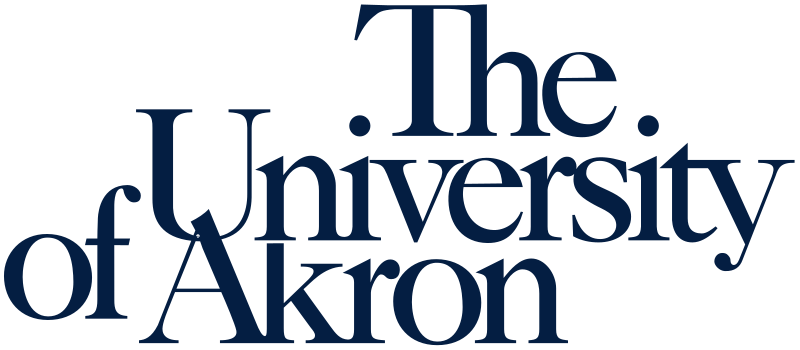
In the master’s program for I/O Psychology, students have the opportunity to learn about various applied topics such as personnel selection, performance appraisal, training, and organizational psychology topics like leadership and motivation.
As part of the program, students must complete an applied internship and pass a Specialty Exam to graduate. The program generally takes two years to complete, and graduates have gone on to work in corporate, consulting, or government organizations like Key Corp, Western Union, SHL, Shaker Consulting Group, DDI, and the Transportation Security Administration.
Touro College – Master’s in Industrial-Organizational (I-O) Psychology
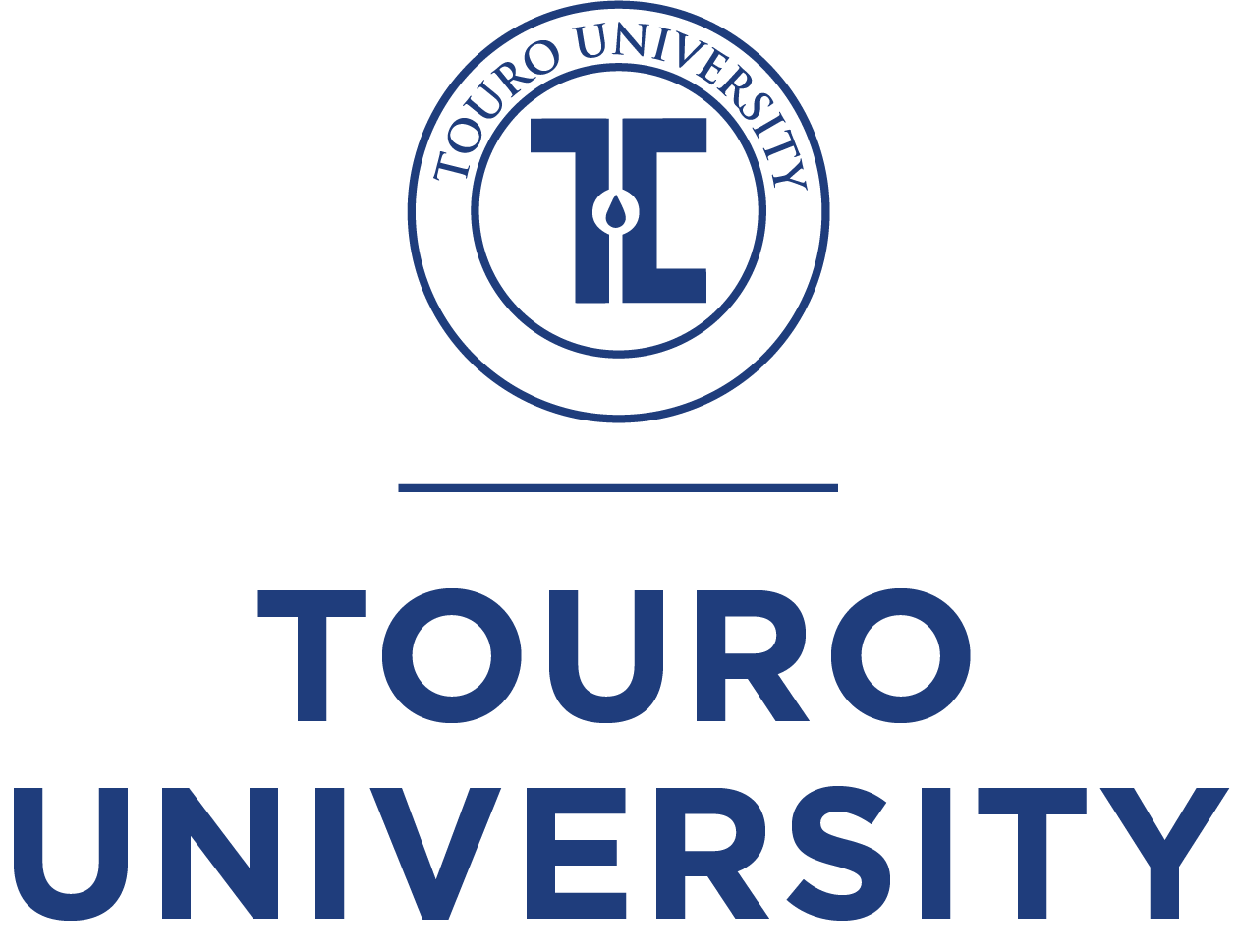
By enrolling in Touro College’s 36-credit Master’s degree program in Industrial-Organizational (I-O) Psychology, students will be equipped with practical tools and psychological methods aimed at improving business productivity and profitability.
I-O psychologists utilize research and theory to enhance collaboration between management and employees and to ensure overall employee satisfaction. With the knowledge gained from this program, students will develop skills in team building, motivation, and effective leadership, enabling them to reach important corporate goals.
Students have the option to attend this program online or at Touro College’s New York City campus.
Cleveland State University – Master of Arts in Psychology Industrial-Organizational Research

Cleveland State University’s specialization in Industrial-Organizational Research equips students with the skills to conduct applied research in business and organizational environments. Students receive a comprehensive education in statistics and research methods that can be applied in various settings. They develop a strong understanding of contemporary psychological theories and acquire the analytical tools necessary for effective problem-solving and innovative research.
The program takes two years to complete and culminates in a thesis or research project. While all students participate in solving real-world problems under the guidance of faculty, some students have the opportunity to work in business settings through field placements.
Northern Kentucky University – Master’s degree in Industrial/Organizational Psychology
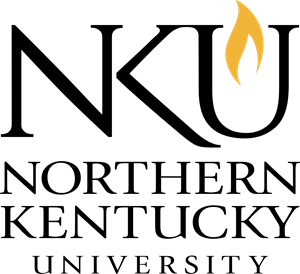
The Master’s degree in Industrial-Organizational Psychology at NKU’s Department of Psychological Science is designed to provide students with core knowledge of the discipline while allowing for customization to meet individual needs and interests. The curriculum focuses on practitioner development with an emphasis on applied research and content issues.
Part-time students are accommodated with evening classes. Upon graduation, students are prepared for careers in human resources, management consulting, program evaluation, and market research. The MSIO Program has an advisory board consisting of I/O practitioners and HR executives from various organizations in the greater Cincinnati and Northern Kentucky area to ensure the curriculum’s relevance and connection to the community.
Fairfield University – Master of Arts in Applied Psychology – Industrial/Organizational Psychology
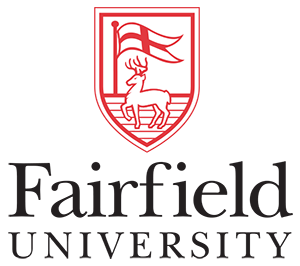
This graduate program at Fairfield University is specifically designed for undergraduate students who are interested in pursuing a career in large organizations, utilizing specific psychology skills necessary to work as industrial/organizational specialists. Graduates of the program can assume positions in various organizations in specialties such as human resources, training, consulting, research, organization development, and recruiting.
The program offers two tracks: a traditional MA program and a five-year integrated Bachelor’s/Master’s degree program for psychology majors. The program provides students with a solid foundation in psychological principles and methodologies, allowing them to apply these skills in a variety of organizational settings.
St. Mary’s University – Master of Science in Industrial/Organizational Psychology

The MSc in Applied Psychology (I/O) program provides outstanding training in a lively research-oriented environment, employing a scientist-practitioner approach to explore the scientific study of human behavior within organizations and the workplace. I/O Psychology involves establishing principles of individual, group, and organizational behavior, and using this knowledge to solve workplace problems.
Graduates of the program acquire skills for applied work in organizations or further PhD-level studies in I/O psychology. The program has a start date of September, and the minimum time for completion is two years. Application deadlines and key dates for international and Canadian permanent residents are both on December 15.
University of Houston Clear Lake – Master of Arts in industrial/Organizational Psychology

By obtaining a Master of Arts in Industrial/Organizational (I/O) Psychology at the University of Houston-Clear Lake, you will be equipped with the knowledge and skills to apply behavioral science principles in addressing workplace issues. I/O psychologists focus on developing better organizations by prioritizing their people.
Furthermore, students in the I/O Psychology program have the unique opportunity to collaborate with faculty members in managing the Center for Workplace Consulting (CWC). This center strives to offer ethical, evidence-based, and inclusive business solutions.
Admission to the I/O Psychology program is limited to 15-20 students per year. The majority of our students are employed full-time, so classes are scheduled for one day per week from either 4-6:50 p.m. or 7-9:50 p.m. Required courses are typically offered in-person at the UHCL at Pearland campus, while some elective courses may be completed online.
Baruch College CUNY – Master’s of Science in Industrial/Organizational Psychology

The MS program in Industrial/Organizational (I/O) Psychology is tailored to prepare students for careers focused on human behavior in the workplace, whether in research or practice. The program provides a comprehensive background in I/O Psychology, emphasizing both the theoretical principles of the field and their application in a business context.
To accommodate both full-time students and working professionals, all courses are taught in the evenings at Baruch’s Manhattan campus. Many courses are also available online. The diverse academic and professional backgrounds of our students foster a rich learning environment and provide ample opportunities for growth and networking. If you are a mid-to-senior level professional, the Executive MS in I/O Psychology program may also be of interest to you.
Roosevelt University – Master of Arts in Industrial/Organizational Psychology

Roosevelt University provides master’s and doctoral degrees in psychology. The Master of Arts (MA) program has specializations in general psychology, clinical psychology (counseling practice), and industrial/organizational psychology, with an additional option for a combined IO MA/MBA.
One thing to know, the MA program in Industrial/Organizational (I/O) Psychology follows the scientist/practitioner model, which trains students in research methodology and quantitative approaches to address practical organizational issues. Students also learn to apply this knowledge and scientific approach to workplace problems.
Applicants who wish to be admitted to the program must meet the university’s graduate admission requirements and have earned at least 18 credit hours in psychology at the undergraduate level with a minimum 3.0 (B) average. The program accepts new students on both a full-time and part-time basis, including recent graduates and mid-career professionals who wish to return to the university after acquiring extensive work experience.
University of Texas at Arlington – Master of Science in Industrial and Organizational Psychology
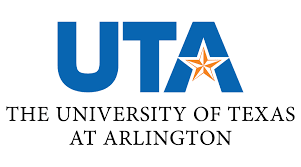
UTA follows a two-year cohort model, meaning that students progress through the program together, taking courses in experimental design, quantitative methods, and applied psychological topics, as well as relevant courses outside of the psychology department. The M.S. program offers a non-thesis degree option and a thesis option, with all students initially enrolled in the non-thesis option.
The master’s program is designed for students who want to develop applied skills and receive professional training without pursuing doctoral studies. The doctoral program integrates theory and science and emphasizes empirical research and quantitative skills. Admission to both programs is highly competitive, and the requirements are demanding.
Texas A&M University – Master’s in Industrial/Organizational (I/O) Psychology
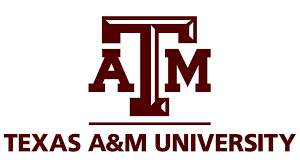
The Department of Psychological and Brain Sciences at Texas A&M University offers a 16-month accelerated and cohort-based terminal Master’s program in Psychological Sciences with a concentration in Industrial-Organizational Psychology. This program is delivered in person on the Bryan-College Station campus and is not intended as a stepping stone to the PhD program.
In this program, students can expect to develop strong relationships and work collaboratively with their peers due to the cohort-based nature of the program. The accelerated nature of the program makes it relatively affordable with a quicker return on investment. Students apply the science of psychology to the workplace through high-quality academic and professional training that adheres to the scientist-practitioner model.
Appalachian State University – Master of Arts in Industrial-Organizational Psychology

As a graduate program, it offers advanced training to prepare students for careers in the fields of human resources, organizational development, consulting, and other related areas. Through a combination of classroom instruction and hands-on experience, students gain practical skills and knowledge in areas such as job analysis, selection and assessment, performance management, training and development, and organizational change.
In addition to coursework, students have the opportunity to participate in applied projects and internships, where they can apply their knowledge and skills to real-world problems. The program is available in both full-time and part-time formats to accommodate the needs of students.
Austin Peay State University – Master of Science in Industrial-Organizational Psychology
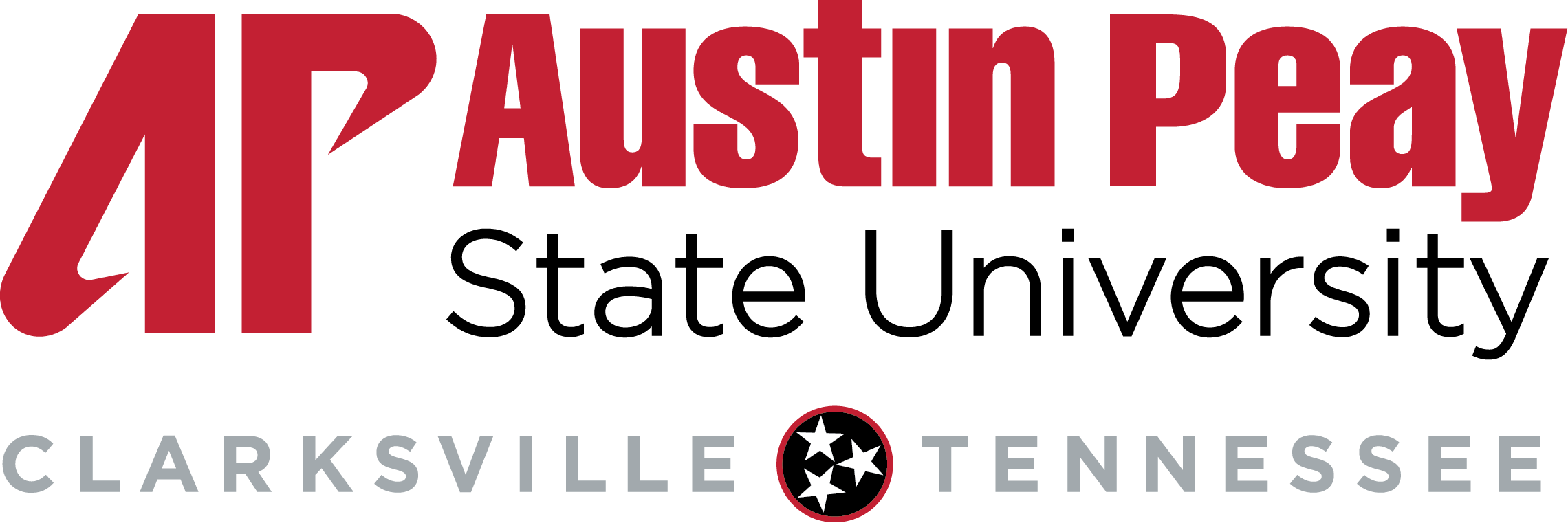
Looking to advance your career with a master’s degree or work towards a doctoral degree? The Master of Science in Industrial-Organizational Psychology (MSIO) program offers a quality education at an affordable rate.
The program is designed to be flexible, allowing students to complete the 34-hour program fully online in an average of two years with 15-week semesters that can be scheduled to work with your needs. Depending on factors such as admission semester and milestone path, the program may be completed in less than two years.
Chicago School of Professional Psychology – Master of Arts in Industrial and Organizational Psychology
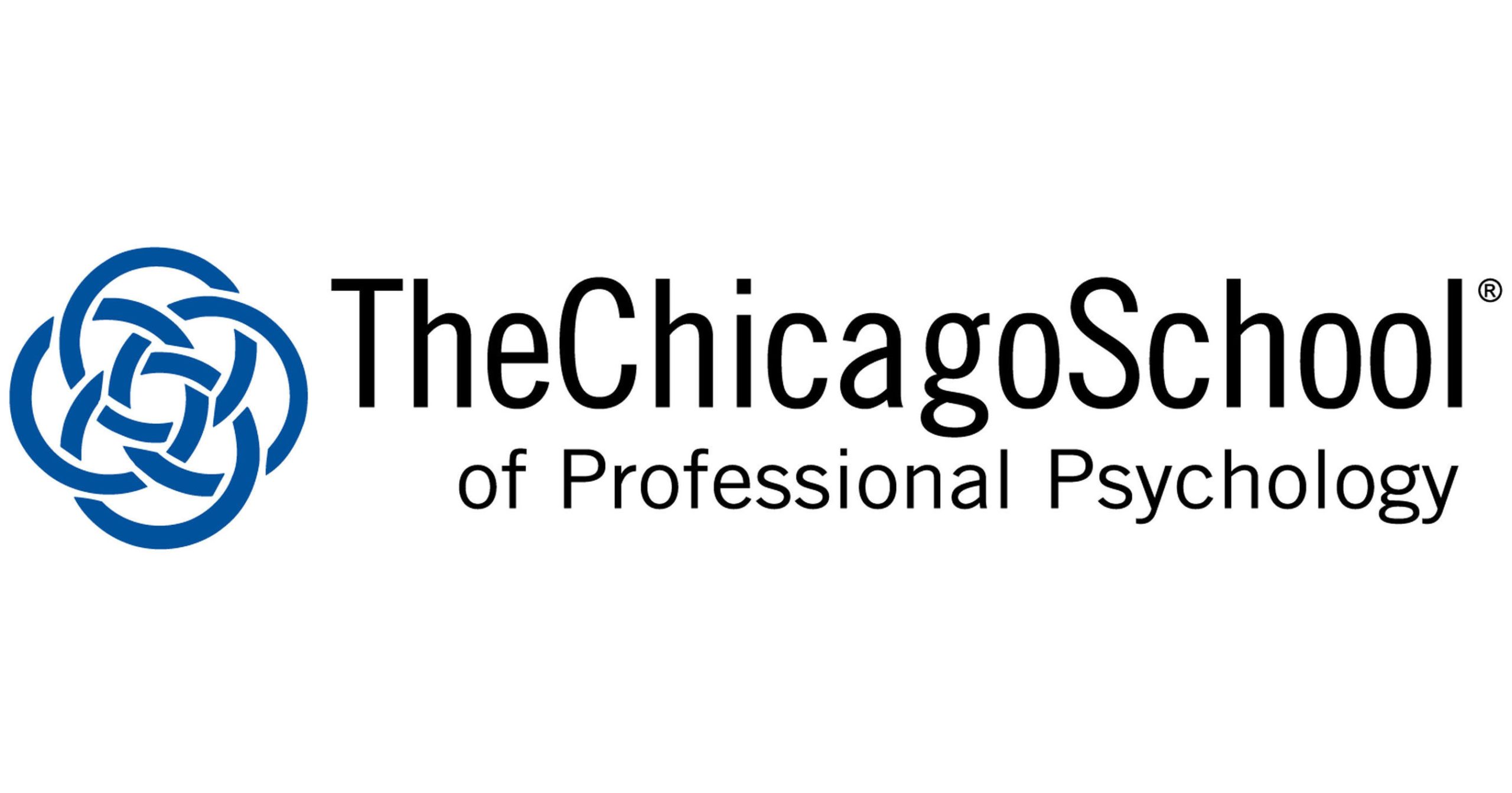
The M.A. in Industrial and Organizational Psychology at The Chicago School equips students with foundational skills that are essential for companies and organizations to effectively address worker assessment, engagement, retention, and productivity.
This program is exclusively offered at the Chicago campus and is one of the few psychology programs in the United States that aligns with the Society for Human Resource Management (SHRM) guidelines. Students are required to complete two 300 credit hour internships, providing a total of 600 hours of valuable internship experience. During these internships, students will learn specific, transferable skills that are relevant to the field of industrial-organizational psychology or human resources. It is important to note that all internships must be pre-approved by the faculty internship supervisor.
University of Tulsa The – Master of Arts in Industrial-Organizational Psychology
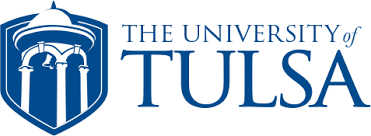
The Master of Arts (M.A.) degree in Industrial-Organizational (I-O) Psychology is an excellent choice for those looking to gain practical consulting skills for entry-level projects in both business and government sectors. Graduates of this program are prepared to analyze jobs and personnel to help improve their alignment.
To earn the M.A. degree, students must complete a total of 37 credit hours, which are designated by the Program Director. While a thesis option is available, it is not a requirement. Students interested in research projects are encouraged to participate under faculty supervision.
Additionally, students must complete a 200-hour internship (worth one credit hour) and pass a comprehensive exam covering written, quantitative, and oral components, which tests their understanding of the major aspects of I-O psychology as an applied discipline.
Fairleigh Dickinson University Florham Campus – Master of Arts in Industrial/Organizational Psychology

Students can apply for admission for either the fall or spring semester. However, it is highly recommended that applicants submit their applications by April 30 for the fall semester and by November 30 for the spring semester for best consideration. In order to complete the program, students are required to successfully complete 12 courses, which in total make up 36 credits.
All students are required to register for a minimum of two courses during the fall and spring semesters, with exceptions granted only in unusual circumstances. Courses must be taken in the required sequence as listed by the department. Most classes are held in the early weekday evening hours, and some Saturday classes may be required (denoted by “S”). Students have the option of either completing a research-based thesis or taking two additional courses. In their final semester, students must pass a comprehensive examination to fulfill the degree requirements.
University at Albany – Master of Science in Industrial/Organizational Psychology
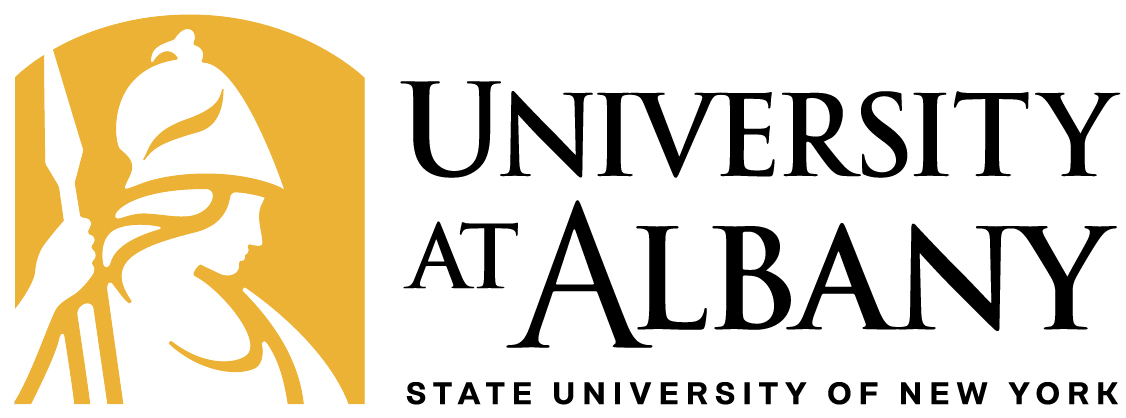
The Master of Arts program in Industrial & Organizational Psychology aims to equip students with the necessary knowledge, skills, behavior, and capabilities to function as a master’s level I-O practitioner or to pursue admission to doctoral programs. This program is competency-based and covers various competency areas through a combination of formal coursework, optional student-initiated research (Master’s thesis), and supervised experience, such as field research, internships, and practicum.
To complete the program, students are required to take a minimum of 36 credits as per the program of study. It is highly recommended that all students take the practicum to gain applied experience. Additionally, all students must pass a comprehensive written examination that covers the field of I-O Psychology. The exam will include topics and issues that are relevant to all I-O psychologists, regardless of their individual interests.
Sacred Heart University – Master of Science in Industrial/Organizational Psychology

The program is designed to provide students with a strong theoretical foundation and practical skills needed for success in a career as an I/O practitioner. Students gain knowledge and skills in areas such as personnel selection, training and development, leadership, motivation, team dynamics, and performance management. Also, this program is a 36-credit hour program that can be completed on a full-time or part-time basis.
The program also offers a thesis track, which allows students to engage in original research in the field of I/O psychology. Admission to the program is on a rolling basis, with no specific deadline. However, applicants are encouraged to apply by July 1 for fall semester and December 1 for spring semester. Applicants must submit transcripts from all previously attended institutions, GRE scores, a statement of purpose, and letters of recommendation.
Missouri University of Science and Technology – Master of Science in Industrial-Organizational Psychology

The online Master’s program in Industrial-Organizational Psychology at Missouri S&T consists of three course segments totaling 37 credit hours: a core (21 credit hours), methods courses (10 credit hours), and either a thesis or elective courses worth six credit hours.
Students have the option to choose between a thesis or non-thesis track, with the former being recommended for those interested in research-intensive careers or pursuing a doctoral program. Students enrolled in the graduate certificate program will follow the non-thesis track.
All courses are 100% online and follow a semester-based schedule. No campus visits are required, and full-time students can complete the program in approximately two years.
Springfield College – Master of Science in Industrial/Organizational Psychology
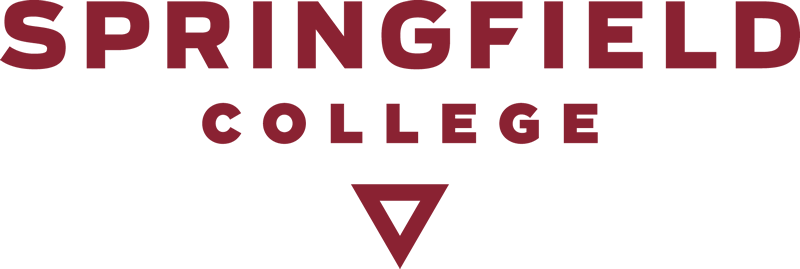
Springfield College offers an MS in Industrial/Organizational Psychology that uses a scientist-practitioner model to help students learn how to apply psychological theories and data science to real-world workplace challenges. To complete the program, students are required to take a minimum of 38 semester hours and are encouraged to work closely with the I/O Psychology Program Director to develop a personalized plan of study that aligns with their personal and professional goals.
The I/O program at Springfield College follows a competency-based approach, which focuses on the outcomes of training and emphasizes the knowledge, skills, behavior, and capabilities necessary to function as a master’s level I-O practitioner. This approach allows for flexibility and acknowledges that there are multiple paths to developing important skills.
Wayne State University – Master of Arts in Industrial and Organizational Psychology

The program is a flexible, two-year part-time course, which comprises of two courses (six credits) during the fall and winter semesters, and one course (three credits) in the summer semester. All classes are conducted during the late afternoon or early evening, making it accessible for working professionals.
If you are an international student or a domestic student who wants to take a full-time course load (eight credits during fall and winter semesters), you need to register for elective courses in addition to the 30 required credits. However, elective courses from outside the psychology department may require departmental and/or instructor permission to register, including courses from business, economics, communications, and other departments.
Admission to this program is subject to admission to the Graduate School, and admission is only offered in the fall semester. The application deadline for domestic students is May 1, while international students must apply by April 1. Applicants are expected to have a minimum undergraduate upper division cumulative GPA of 3.00, with grades of ‘B’ or better in courses on introductory psychology and statistics.
Industrial Organizational Psychology Associations, Journals, and Resources
If you’re interested in Industrial-Organizational (I/O) Psychology, you’ll be glad to know that there are numerous associations, journals, and resources available to help you deepen your knowledge, stay up-to-date with the latest research, and connect with like-minded professionals.
However, with so many options out there, it can be overwhelming to know where to start. That’s where we come in. In this section we’ll provide you with a comprehensive guide to the top I/O Psychology associations, journals, and resources that you should know about.
Society for Industrial and Organizational Psychology: The Society for Industrial and Organizational Psychology, or SIOP for short, is a vibrant and dynamic professional association dedicated to advancing the science and practice of industrial-organizational (I-O) psychology. Founded in 1945, SIOP has grown into a global organization with over 10,000 members from around the world.
At its core, I-O psychology is all about understanding and improving human behavior in the workplace. It serves as a hub for the I-O psychology community, providing a platform for researchers, practitioners, educators, and students to connect, collaborate, and learn from one another. The organization sponsors an annual conference that attracts thousands of attendees each year, as well as numerous other events, workshops, and webinars throughout the year.
Consortium for Research on Emotional Intelligence in Organizations: One of the key goals of CREIO is to promote the scientific study of emotional intelligence in organizational settings. This includes conducting research on the measurement and development of EI, as well as exploring the impact of EI on various workplace outcomes, such as employee engagement, job satisfaction, and organizational performance.
In addition to its research activities, CREIO also provides a platform for practitioners to share best practices and learn from one another. The organization sponsors an annual conference, as well as a range of other events and publications, to facilitate knowledge exchange and collaboration among its members.
Clemson Society for Industrial Organizational Psychology: For those who are passionate about I-O psychology, the CSIOP is a fantastic resource for learning, networking, and professional development. Membership in the CSIOP is open to all Clemson students who share an interest in I-O psychology, regardless of their major or level of experience. The organization provides a variety of opportunities for members to connect with one another and with professionals in the field. These include guest lectures, workshops, and social events that are designed to encourage collaboration and networking.
Through its engaging activities, the CSIOP aims to help students develop a deeper understanding of I-O psychology and its role in the modern workplace. Members learn about cutting-edge research and innovative approaches to solving complex organizational challenges. They also have the opportunity to gain practical experience through internships and volunteer opportunities with local businesses and organizations.
Society of Psychologists in Leadership: The Society of Psychologists in Leadership (SPL) is an organization dedicated to promoting the development of leadership skills through the application of psychological principles. This unique organization is open to all individuals who are interested in the intersection of psychology and leadership, regardless of their background or experience.
The SPL provides a range of opportunities for its members to connect with one another, including guest lectures, workshops, and social events. These activities are designed to foster collaboration and networking among members, while also providing opportunities for practical learning.
Houston Psychological Association: The Houston Psychological Association (HPA) is a professional organization that provides opportunities for psychologists in the greater Houston, Texas area to connect with one another and grow in their careers. With over 200 members who specialize in various areas of psychology, including Counseling, Clinical, Educational, Neuro-, Industrial/Organizational, and School Psychology, HPA is a valuable resource for staying up-to-date on the latest evidence-based practices and legal and professional issues.
HPA offers a variety of professional development opportunities, such as workshops, conferences, and networking events, which help psychologists expand their knowledge and skills. In addition to providing opportunities for growth, HPA also serves as a platform for psychologists to collaborate with one another and advocate for their profession.
New York Metropolitan Association of Applied Psychology: The New York Metropolitan Association of Applied Psychology (METRO) is a professional organization that caters to the needs of applied psychologists and related professions in the greater New York area. What makes METRO successful is the involvement of a diverse range of individuals, from new students enrolled in local Industrial Organizational Psychology programs to seasoned veterans with years of experience.
METRO is committed to promoting the professional development of its members through various opportunities, such as workshops, conferences, and networking events. These activities are designed to help individuals enhance their knowledge, skills, and expertise in their respective fields.
Gateway Industrial-Organizational Psychologists: Gateway Industrial-Organizational Psychologists (GIOP) is a community of Industrial-Organizational (I-O) psychologists who come together to share their expertise, connect with colleagues, and learn from one another. GIOP achieves this through various programs, networking events, and professional opportunities.
Members at all career stages are encouraged to participate in workshops, conferences, and other networking events to foster their knowledge, skills, and professional development. Through the collaborative environment of GIOP, members can establish valuable connections with colleagues and work together to enhance their understanding of I-O psychology.
Georgia Association for Industrial-Organizational Psychology: One of the unique features of GAIOP is its commitment to supporting its members at all career stages. Whether you’re a seasoned professional or just starting your career, GAIOP provides opportunities for growth and development. Their workshops cover topics such as leadership development, organizational change, and employee selection, to name a few.
GAIOP’s professional development programs offer a range of workshops and seminars, often co sponsored with the Society for Industrial and Organizational Psychology (SIOP), that enable members to acquire new skills, stay up-to-date with the latest research, and broaden their professional networks.
Michigan Association for Industrial-Organizational Psychology: The Michigan Association for Industrial-Organizational Psychology (MAIOP) is dedicated to promoting the growth and success of Industrial-Organizational (I-O) psychology in the region, including supporting the development of future professionals in the field. As such, MAIOP offers several resources and opportunities specifically geared towards students.
In addition to networking opportunities, MAIOP provides students with access to resources that can help them develop their skills and knowledge in the field. For example, the organization offers student-focused workshops and seminars that cover topics such as leadership development, data analysis, and employee selection. These events are designed to help students build skills that are essential for success in I-O psychology.
Central Ohio Chapter of the Society for Industrial and Organizational Psychology: The Central Ohio Chapter of the Society for Industrial and Organizational Psychology (CO-CSIOP) is a professional organization that is dedicated to supporting the growth and development of the I-O psychology field in the Central Ohio region. The organization provides several resources and opportunities for both students and the wider community.
For students, CO-CSIOP offers various resources to help them develop their skills and knowledge in the field. This includes student-focused workshops and seminars, where students can learn about the latest research and best practices in I-O psychology. The organization also provides several resources and services to help organizations and businesses improve their practices related to human resources, leadership, and workplace culture.
Industrial Organizational Psychology Data and Mental Health Statistics
Did you know that Industrial-Organizational (I/O) Psychology is a captivating and ever-evolving field, filled with intriguing insights and lesser-known data and mental health statistics? We are thrilled to present you with five fascinating facts that will not only expand your knowledge but also ignite your curiosity about the wonders of I/O Psychology.
Spanning from historical milestones that have shaped the field to groundbreaking research findings, these facts will illuminate the diversity and complexity of I/O Psychology, leaving you with a deeper appreciation for this fascinating discipline. Here are six things you probably didn’t know about I/O Psychology:
- Research shows that employees who experience high levels of job stress are more likely to report mental health issues such as depression and anxiety, highlighting the importance of workplace mental health initiatives in the field of industrial-organizational psychology.
- According to recent data, over half of employees report feeling burned out at work, emphasizing the need for organizational interventions to address this growing problem.
- A study found that employees who have a sense of purpose in their work are less likely to experience burnout, suggesting that organizations should consider ways to promote a sense of meaning and purpose in employees’ work.
- Research has found that employees who feel supported by their supervisors are less likely to experience mental health problems such as depression and anxiety, highlighting the importance of strong supervisory relationships in the workplace.
- Studies have shown that implementing flexible work arrangements, such as remote work or flexible hours, can lead to improved mental health outcomes among employees.
- According to recent data, the COVID-19 pandemic has had a significant impact on employee mental health, with a survey reporting that over 80% of employees have experienced negative mental health effects due to the pandemic and related work stressors.
